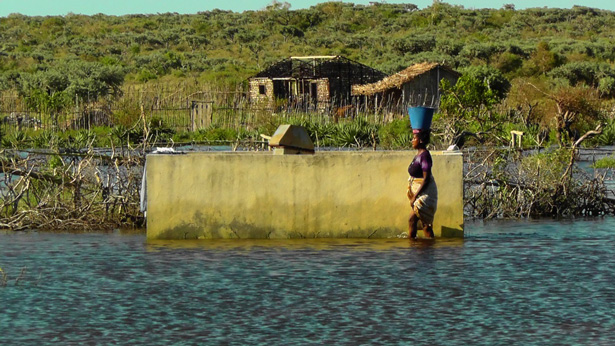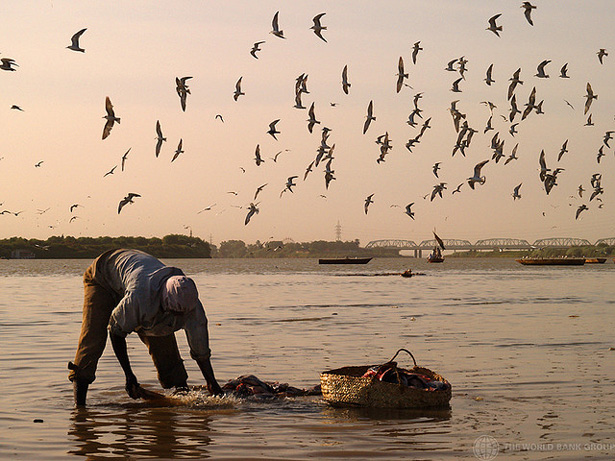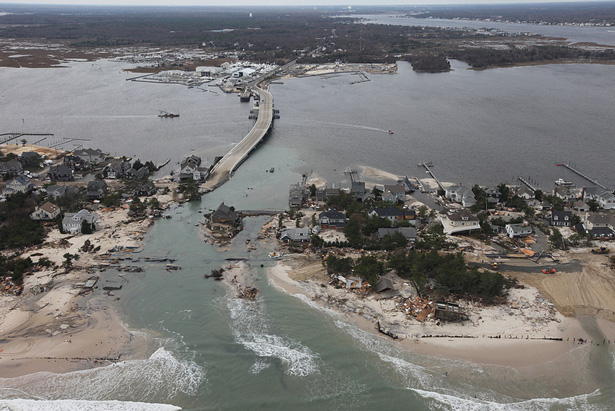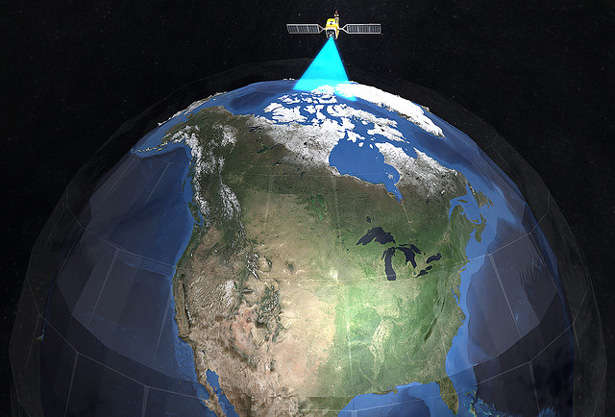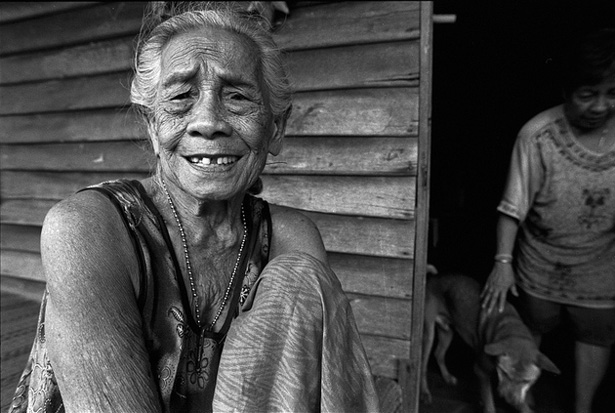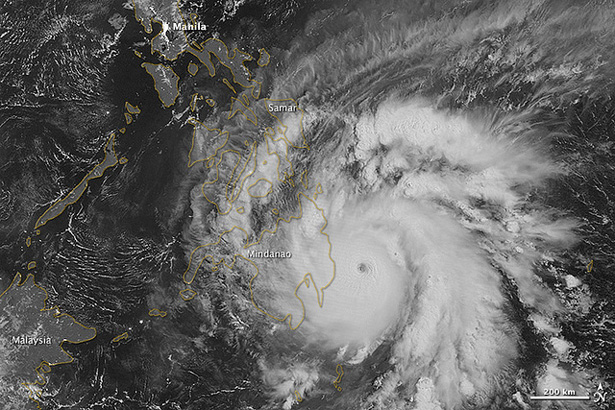-
On Building a Better (and More Resilient) World: Complexity, Community, and the Precautionary Principle
›April 3, 2013 // By Laurie Mazur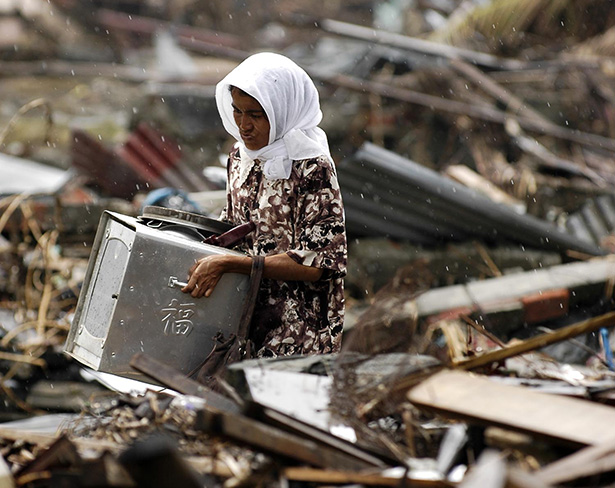
From the 2004 Indian Ocean tsunami to Superstorm Sandy, the last decade has seen an incredible array of natural disasters. Of course, disasters of all kinds are nothing new, but, thanks to the growing scale and interconnectedness of the human enterprise – and the damage we have done to the natural world – the frequency, scale, and consequences of today’s calamities are truly without precedent.
-
After Cyclone Haruna, Blue Ventures Leverages Its PHE Program for Disaster Response in Madagascar
›
Balbine is moving through her coastal village of Andavadoaka with a sense of urgency. Normally she works as a community-based distributor for Blue Ventures’ integrated population, health, and environment (PHE) program in southwest Madagascar, providing health information and products to her community. However, since Cyclone Haruna swept through the region several weeks ago, Balbine has been especially busy distributing diarrhea treatment kits to mothers caring for sick infants, providing families sleeping out in the open with mosquito nets to protect against malaria, setting up water filtering stations, and emphasizing the importance good hygiene practices.
-
UNEP Highlights Environmental Impacts on Health in Africa
›March 20, 2013 // By Carolyn Lamere
While it can be convenient to think of human health and the environment as unrelated silos, they are in fact closely related. The United Nations Environment Program (UNEP) recently released a report underscoring this point especially for Africa, where large numbers of people are directly reliant on natural resources for their livelihoods.
-
Goldilocks Had It Right: How to Build Resilient Societies in the 21st Century
›March 5, 2013 // By Laurie Mazur
When Superstorm Sandy slammed into the U.S. East Coast last October, it was the latest in a series of “teachable moments” about our growing vulnerability to climate change.
-
Andrew Freedman, Climate Central
Sequestration May Degrade Weather, Climate Forecasting
›February 28, 2013 // By Wilson Center Staff
The original version of this article, by Andrew Freedman, appeared on Climate Central.
Across-the-board federal spending cuts that are scheduled to go into effect starting on March 1 are likely to cause further delays to weather and climate satellite programs, and may degrade the government’s ability to issue timely and accurate early warnings of extreme weather and climate events, according to federal officials and atmospheric scientists.
-
Aging in the 21st Century: A Celebration and a Challenge
›
“We are in the midst of a silent revolution,” said Ann Pawliczko, a senior technical advisor in the population and development branch at the United Nations Population Fund (UNFPA), quoting former UN Secretary-General Kofi Annan. “It is a revolution that extends well beyond demographics, with major economic, social, cultural, psychological, and spiritual implications.”
-
Super Typhoon Bopha Shows Why Developing Countries Are Most Vulnerable to Climate Change
›January 15, 2013 // By Carolyn Lamere
If Hurricane Sandy was a wake-up call for many in the United States to the kind of extreme weather that climate change is expected to bring, Typhoon Bopha, which struck the Philippines a month later, is a reminder of what makes developing regions even more vulnerable to these changes.
-
Tapping the Potential of Displaced Young People in Urban Settings
›
“When young people claim their right to education and health – including sexual and reproductive health – they increase their opportunities to become a powerful force for economic development and positive change,” said Nicole Gaertner, of UN Refugee Agency and the U.S. Department of State, quoting Secretary of State Hilary Clinton at the Wilson Center on December 13. [Video Below]
Showing posts from category disaster relief.


